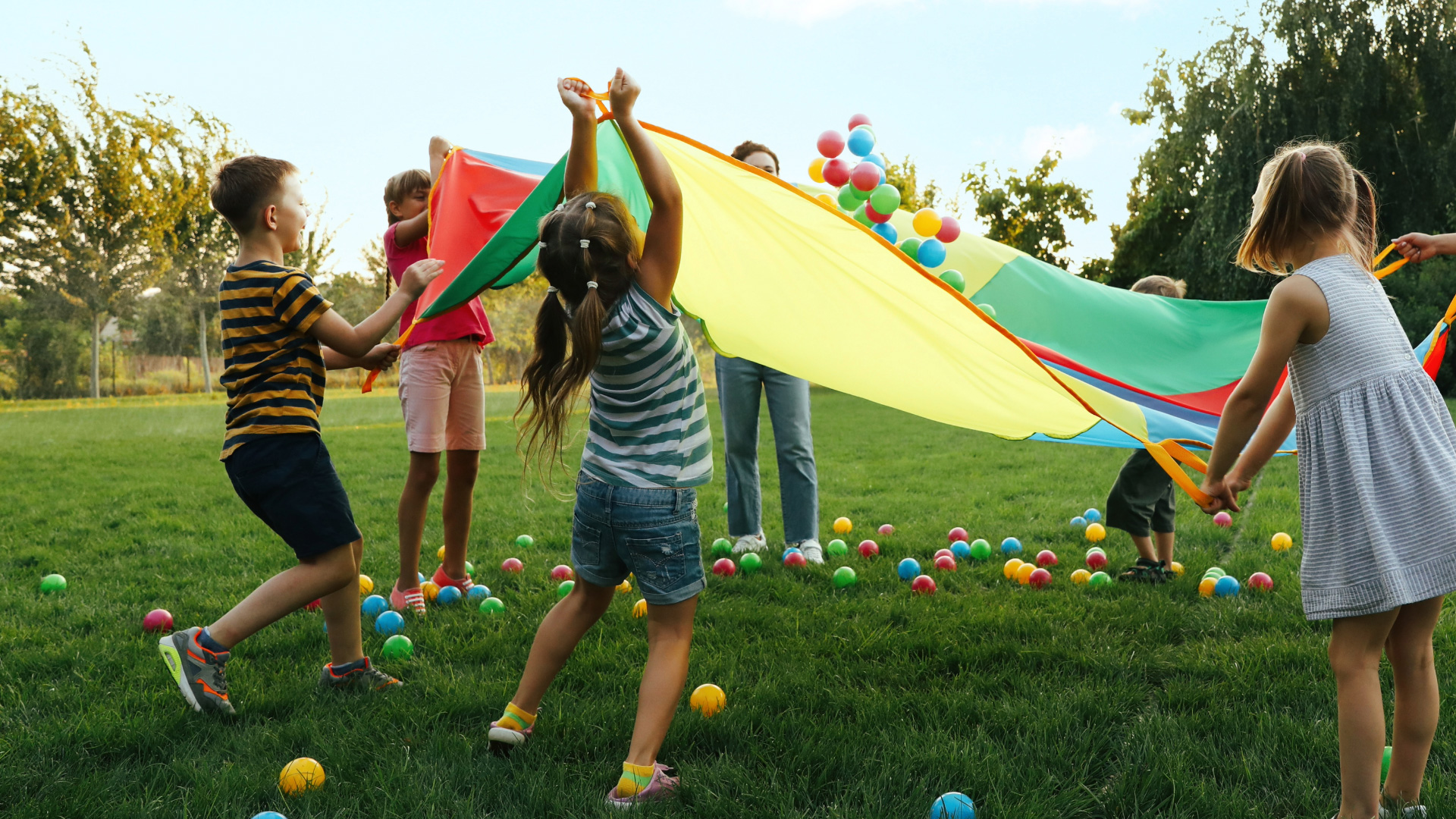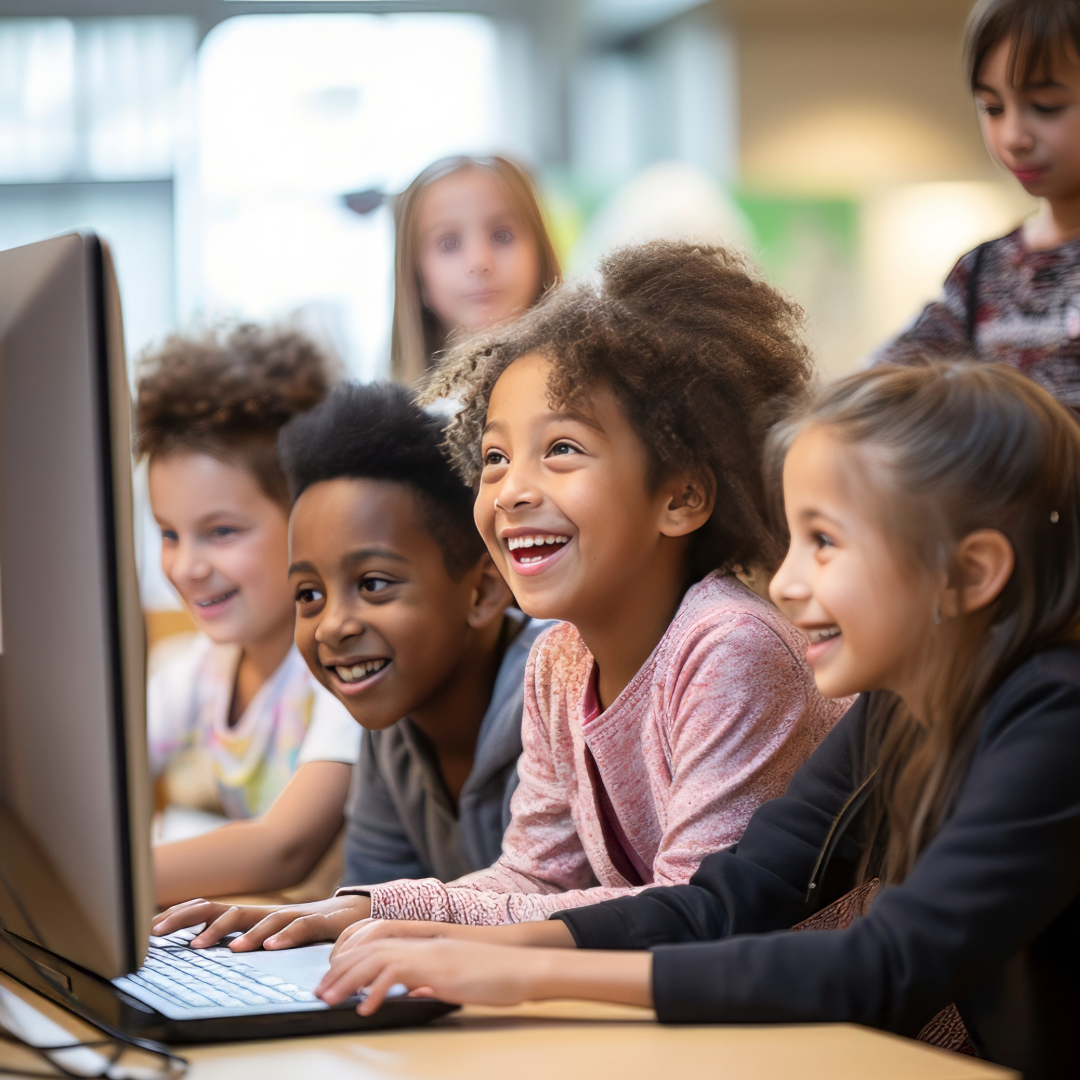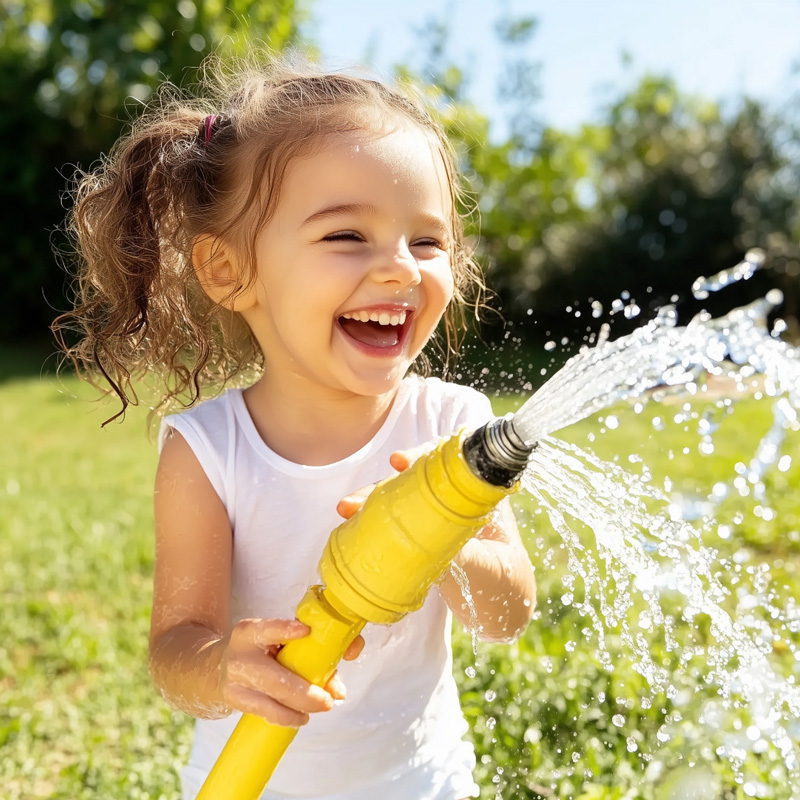By Stacia King
A Kindergarten teacher’s perspective on how play-based learning is helping with deficits today’s students face.
Teaching during a pandemic certainly presented its challenges. I am sure everyone remembers experiencing or hearing of the horrors and challenges presented by Virtual Learning. Teachers, parents, and students adjusted their lifestyles and had to learn a “new normal.” Life went from going to school, work, daycare, the grocery store, a friend’s house, etc. in person to Zoom meetings, socially distanced supply drops, working from home, wearing masks, and quarantining. The pandemic posed multiple challenges for me as a mother and a teacher. My daughters were in first and second grade when our world shut down. I had to refresh my memory on math strategies, learn how to operate Power School, ensure they had access to a laptop or tablet to make their Zoom meetings, and do my best to entertain them while we were quarantining. On top of being a pregnant mother at the time, I also had to teach my own students. Trying to host a Zoom call with 22 four- and five-year old children was interesting to say the least!
One of the biggest challenges of the Pandemic I have experienced and had never considered until recently was how the then “Pandemic Toddlers,” now Pre-K students, would be impacted. One major issue Pre-K teachers are noticing with the current group of students is they do not know how to engage in play. This group does not use their creativity and imaginations the way previous classes have, and I fear the next two years of students will have a similar experience. Parents of young children have explained some barriers they encountered during the Pandemic on their child’s physical activity such as not being able to spend much time with their children due to work, and difficulty finding age appropriate, motivational activities for their children to do (Vega-Perona, et. al, 2022).
At the age where, typically, children begin to explore the world around them and attempt to understand their surroundings, this group of children were, understandably, secluded from this “normal” developmental stage. These children only learned to read the facial expressions of those they shared a home with, as any other faces they saw in person were covered with a mask. They were isolated from other children their age and going places like playgrounds, public spaces, schools, daycares, etc. The only environment they were able to explore was the one they were quarantined in for half their life. Some of these children admittedly had never been anywhere since the Covid-19 Pandemic. We have had several guardians confess they were nervous to leave their child at school because they had never been separated from them before.
Although the Pandemic Toddlers in my classroom came to me academically much higher on average than previous years, they also came to me this year with a deficit in social skills, imagination, creativity, and physical activity. To bridge the gap for these students, play based learning was pertinent. Alabama First Class Pre-K uses a play-based learning program. Our goal is to prepare students to develop an enthusiasm for learning, an ability to function in a social setting, age-appropriate communication and problem-solving skills, and maintain optimal health (First Class Pre-K, n.d.). I have been amazed to see how quickly my current class of students (Pandemic Toddlers) have learned to socialize, imagine, play, and grow. I was nervous to begin this school year because of the clear deficit this class had socially and physically, but through play, the gap has closed significantly.
Play is a crucial aspect of childhood development, socialization, physical, and mental health. During the Pandemic, play was very limited for children, especially outdoor play. The literature consistently illustrates that children who engage in outdoor free play more often demonstrate increased physical activity (Brussoni, et. al, 2022).
My friends at Imagination Playground offer safe play products that are wonderful for helping children use their imagination, engage in physical activity, socialize with other children, and learn the basics of larger subjects, like physics! As an educator working with a group of students that need assistance in enhancing their creative skills, the Blue Blocks are the perfect tool. The Blocks eliminate the need for teacher-intervention, and we can stand back and watch as the students work together to build, collaborate, and express themselves.
The Imagination Playground products are durable enough to hold up against a classroom full of children, and I can personally attest to the longevity of the Big Blue Blocks! As parents and teachers, we need any assistance we can get to bridge the gap the Pandemic left on our children!
Bio:
Stacia King is a Pre-K teacher at Moody Elementary School in St. Clair County, AL. King graduated from Auburn University with a Bachelor of Arts in Psychology and Samford University with a Master of Science in Early Childhood and Elementary Education. Currently, she is a Doctoral Candidate in Sports Psychology at the University of Arizona Global Campus, where she is focusing her research on Eating Disorders in adolescent female athletes. Her vast background and research experience in various fields gives her a unique perspective on child and adolescent development.
King is also a mother to three children – Khloe (age 10), Kendall (age 9), and Charlie (age 2) – who have probably taught her more about the importance of play (for both the child and the parent) than any of her years of courses, research, and classroom experience. Her favorite aspect of the iconic Blue Blocks is open-ended they are to allow for endless possibilities.
References
Brussoni, M., Han, C. S., Lin, Y., Jacob, J., Munday, F., Zeni, M., . . . Oberle, E. (2022). Evaluation of the web-based OutsidePlay-ECE intervention to influence early childhood educators’ attitudes and supportive behaviors toward outdoor play: Randomized controlled trial. Journal of Medical Internet Research, doi:https://doi.org/10.2196/36826
First Class Pre-K. (n.d.) Alabama Department of Early Childhood Education. Retrieved November 16, 2022, from https://children.alabama.gov/for-families/first-class-pre-k/
Vega-Perona, H., María del Mar Bernabé-Villodre, Yolanda Cabrera García-Ochoa, & Martínez-Bello, V.,E. (2022). Barriers and facilitators to toddlers’ physical activity during the COVID-19 pandemic, as perceived by teachers, principals and parents: A challenge for the early childhood educational environments. Education Sciences, 12(5), 349. doi:https://doi.org/10.3390/educsci12050349






